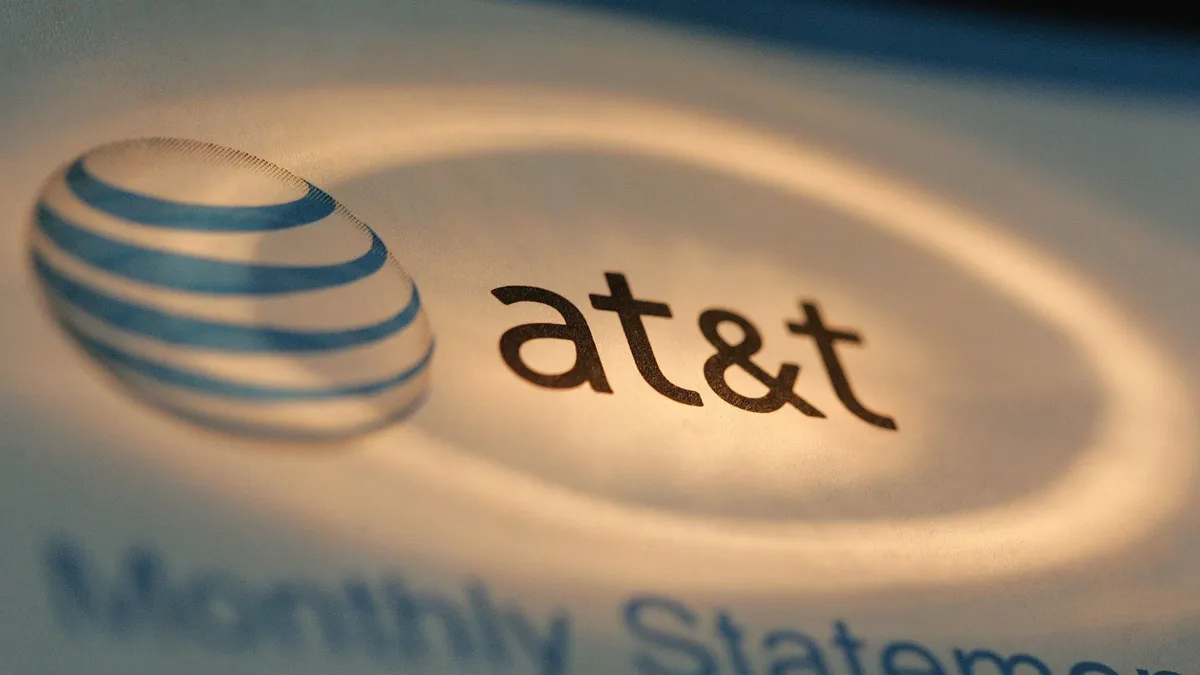Dive Brief:
- AT&T has agreed to sell its Xandr programmatic advertising unit to Microsoft, according to an announcement. Financial terms of the transaction, which is subject to regulatory approvals, were not disclosed.
- Microsoft will apply Xandr's data-driven technology to complement its existing advertising solutions, including those in retail media, and evolve them for an industry facing the deprecation of third-party cookies and other digital identifiers.
- The deal marks an unceremonious end to AT&T's attempts to take on the digital marketing duopoly of Google and Facebook. At the same time, it suggests that Microsoft could emerge as a more formidable player in the space at a time when ad spending is surging and marketers are hungry for greater platform variety.
Dive Insight:
AT&T's crack at building an expansive programmatic advertising business is ending not long after it started, underpinning the challenges even deep-pocketed companies face in making inroads against established digital marketing heavyweights. Xandr is also a potential case study in mismanagement. Founded in 2018, the unit — whose name pays homage to AT&T founder Alexander Graham Bell — combined aspects of the telecom giant's addressable TV group, data and analytics capabilities and AppNexus, the latter of which it acquired the same year for $1.6 billion.
Xandr encountered troubles not long after its launch. AT&T at the time owned WarnerMedia, a factor that put off rival publishers and networks that were essential to fostering a robust advertising network. The company sold WarnerMedia to Discovery earlier this year. AppNexus, a pricey ad-tech buy, was also not as experienced with the types of video capabilities AT&T wanted to combine with its addressable TV background. Xandr eventually experienced key executive departures, including that of Kirk McDonald, who left for WPP's GroupM media-buying agency last year.
The Wall Street Journal reported that AT&T was exploring a potential sale of Xandr in September 2020. Axios previously reported that the business loses tens of millions of dollars per year.
Microsoft in the meantime has been ramping up its bets to become a bigger force in advertising. The tech company vied to acquire the popular video-sharing app TikTok after it was threatened with a ban from the Trump administration last year, a situation that never came to pass.
The tech giant has also worked closely with AT&T for years. In June, it purchased AT&T's Network Cloud centered on 5G to bolster its own cloud-computing business, Azure. LinkedIn and the search engine Bing are other ad-supported Microsoft properties that could potentially receive a boost from the Xandr acquisition.
In emailed comments about the news, Shiv Gupta, managing partner at U of Digital, noted that while Microsoft has some ad-tech power and valuable first-party data, the company has, to date, been weak on self-serve advertising and the demand-side-platform-like capabilities that would attract more direct advertiser and publisher budgets.
"Xandr fixes a lot of that immediately," Gupta wrote.
Microsoft is buying Xandr at a time when digital ad spend is soaring at a remarkable pace after budgets were cut in the first year of the pandemic. But marketers are grappling with challenges to performance and measurement as cookies hear their death knell, a disruption that has opened a window for alternative solutions, including a proliferation of retail media offerings.
"With Xandr's talent and technology, Microsoft can accelerate the delivery of its digital advertising and retail media solutions, shaping tomorrow's digital ad marketplace into one that respects consumer privacy preferences, understands publishers' relationships with consumers and helps advertisers meet their goals," said Mikhail Parakhin, president of web experiences at Microsoft, in a press statement.













